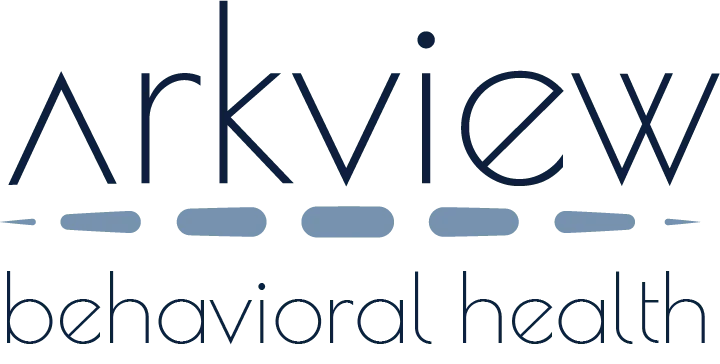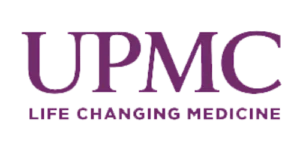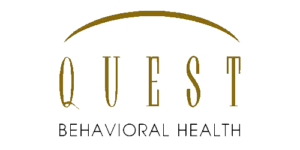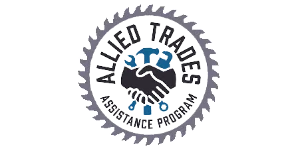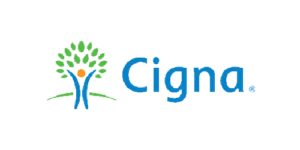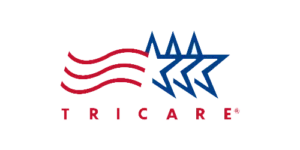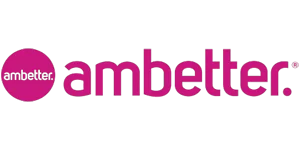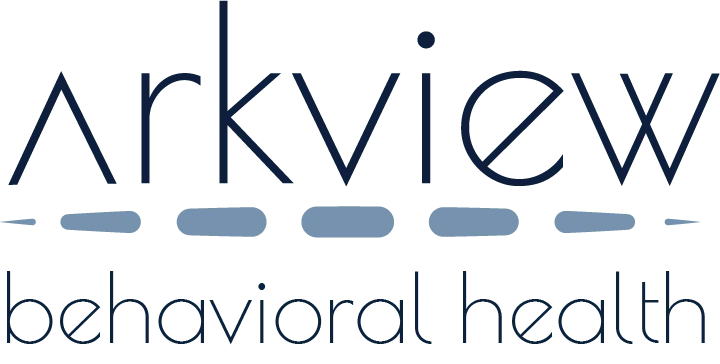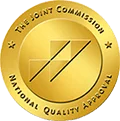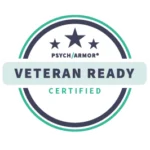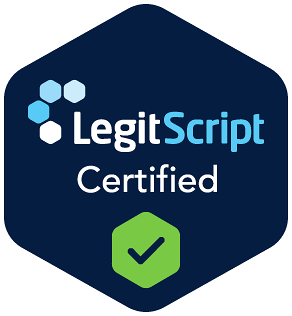The program has since been adapted for many types of addiction and behavioral health struggles. It emphasizes progress over perfection and offers support without judgment. At Arkview Center, we use the 12-step framework to guide clients toward lasting recovery. Our clinical team integrates it with evidence-based therapy to meet each person’s unique needs.
Each step builds on the last. The process is personal, but many find comfort and strength in following it. Here’s a brief look at all twelve:
We accept that we can’t control our drinking or addiction alone.
We begin to believe that recovery is possible with outside help.
We choose to trust the process and stop trying to fix everything ourselves.
We look honestly at our actions, thoughts, and patterns.
We speak the truth about our past to begin healing.
We become willing to change and grow.
We humbly ask for support in becoming better.
We write down who we’ve hurt and how.
We take steps to repair the damage we’ve caused.
Staying aware of our actions and making things right when we slip up.
We build a habit of daily reflection and spiritual connection.
We carry the message and apply the steps in everyday life.
How Do the 12 Steps Work in Practice?
Many people go through the steps with a sponsor—a person in recovery who offers support and lived experience. People use journals, reflections, and open conversations to work through each step. The goal is progress, not perfection. Over time, the steps help build a new way of thinking and living.
At first, the meetings might feel intimidating, but they quickly become a safe place for support and honesty. Many say they feel relief knowing they’re not alone. The 12 Steps give structure to a journey that often feels chaotic. They offer hope, healing, and community—one day at a time.
Who Can Benefit from the 12-Step Program?
Anyone feeling stuck, overwhelmed, or alone in their addiction may find support in this program. The program welcomes everyone, regardless of their background, beliefs, or life experiences. You don’t need to wait for things to fall apart before seeking help. If you’re ready to be honest and open to change, the program can meet you where you are.
Even family members and loved ones of those with addiction can benefit through related groups like Al-Anon. These programs offer guidance, support, and relief for people affected by someone else’s addiction. Whether you’re seeking sobriety, structure, or a fresh start, the 12 Steps can help you build a better life—one day at a time.
What are the Benefits of the 12-step program?
- Emotional Healing: Facing past actions and talking through feelings helps people let go of guilt, shame, and anger.
- Accountability: Daily self-checks and sponsor support help people stay honest and committed to their recovery goals.
- Peer Support: Regular meetings create a strong support system with others who truly understand addiction.
- Spiritual Growth: The program invites people to believe in something greater than themselves—whatever gives them hope or meaning.
- Better Relationships: By making amends, people often rebuild trust with loved ones and improve how they relate to others.
- Lifelong Tools for Relapse Prevention: The steps teach coping strategies like reflection, honesty, and reaching out for help.
- Sense of Purpose: Helping others in recovery can give people a reason to stay sober and feel connected.
- Consistency and Structure: The program gives people a daily routine and framework that supports lasting change.
The 12 Steps of AA have helped millions worldwide stay sober and rebuild their lives. Research shows that people who regularly attend AA meetings are more likely to remain abstinent than those who don’t. A key factor in the program’s success is the steady encouragement from peers and the commitment to daily accountability. The program is free, widely available, and can be attended as often as needed.
While not everyone finds success through AA alone, it works well when combined with professional treatment like therapy or medication. Many treatment centers, including Arkview, integrate 12-step principles with evidence-based care. The program may not be for everyone, but for many, it’s a powerful tool in long-term recovery.
If you’ve tried to quit drinking or using drugs but keep relapsing, the 12 Steps might help. This program provides both structure and emotional support, which are key to lasting recovery. Addiction often brings feelings of shame, isolation, and fear—things the 12 Steps help you face in a healthy way.
You may need this program if your substance use has caused harm to your health, job, or relationships. Even if you aren’t sure you’re “bad enough,” the program welcomes anyone willing to try. It doesn’t require perfection—just the willingness to be honest and open. If you’re feeling lost, overwhelmed, or tired of trying alone, the 12 Steps could offer a fresh start.

Common Misconceptions About the 12 Steps
A common misunderstanding is that you need to reach your lowest point before getting started. That’s not true. You can ask for help at any point—it doesn’t have to be your lowest moment. The 12 Steps can help anyone who feels stuck or overwhelmed by addiction, no matter their situation.
Some think they’ll be judged or forced to share in meetings. But in most 12-Step groups, sharing is optional. Newcomers are encouraged to listen and take their time. The program is about progress, not pressure.
Finally, many people believe it’s outdated. But decades of use and growing research show the 12 Steps still help many people recover. When combined with therapy or medical care, it can be even more effective.
Frequently Asked Questions About the 12-Step Program
Anyone struggling with addiction or unhealthy behaviors can join. You don’t need to meet any special criteria to attend a meeting. People come for help with alcohol, drugs, gambling, eating disorders, and more. Many meetings also welcome family members who want support. You’re welcome just as you are.
A sponsor is someone in recovery who has completed the steps and offers support to those just starting. They offer support, encouragement, and accountability. A sponsor doesn’t replace a therapist but adds peer guidance. Many people say their sponsor became a key part of their recovery. You get to choose your sponsor when you feel comfortable and ready for that kind of support.
Most people start by attending a local or online meeting. You don’t need to speak or sign up—just listen and observe. Most meetings don’t cost anything and are open to anyone who wants to join. Some people bring a friend or call ahead for support. Taking the step to attend a meeting can be the beginning of real change.
Yes, there are other recovery models. SMART Recovery, for example, focuses more on self-reliance and science-based tools. Some people prefer therapy-based programs or secular groups. At Arkview, we support whatever path helps each client heal. The 12 Steps work well for many, but not all.
In the 12 Steps, a “higher power” doesn’t have to be religious. It can mean nature, love, community, or something personal. The idea is to trust something beyond just yourself. This helps many people let go of control and find peace. You define your higher power in your own way.
Yes, and many people start working the steps while in treatment. At Arkview, we integrate the 12 Steps with therapy and medical care. Clients attend meetings, learn about the steps, and reflect in a safe setting. Rehab gives structure, support, and time to begin the process. Many continue the steps after discharge.
The 12 Steps help people build honest relationships, stay accountable, and grow in a personal or spiritual way. They encourage people to take responsibility and help others in return. Unlike some clinical models, 12-Step groups are peer-led and ongoing. The sense of community and shared experience is powerful. For many, this support makes long-term recovery possible.
Arkview Offers a 12-Step Program in PA
What sets us apart is how we guide clients through each step with care and flexibility. Whether you’re new to the process or returning after relapse, we meet you where you are. Our approach includes one-on-one counseling, group sessions, and a safe space for healing.
We welcome all beliefs and backgrounds. You don’t have to follow a religion or have everything figured out to get started. You just need a willingness to try.
If you’ve been wondering, What are the 12 Steps and how can they help me?—We’re here to show you. Reach out today to learn more about our program and how to start your recovery journey. At Arkview, you’re never alone, and support for depression treatment Pennsylvania is available as part of your path to lasting recovery.
